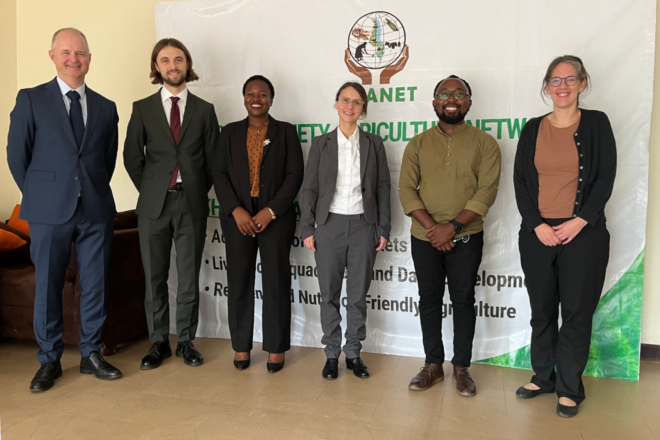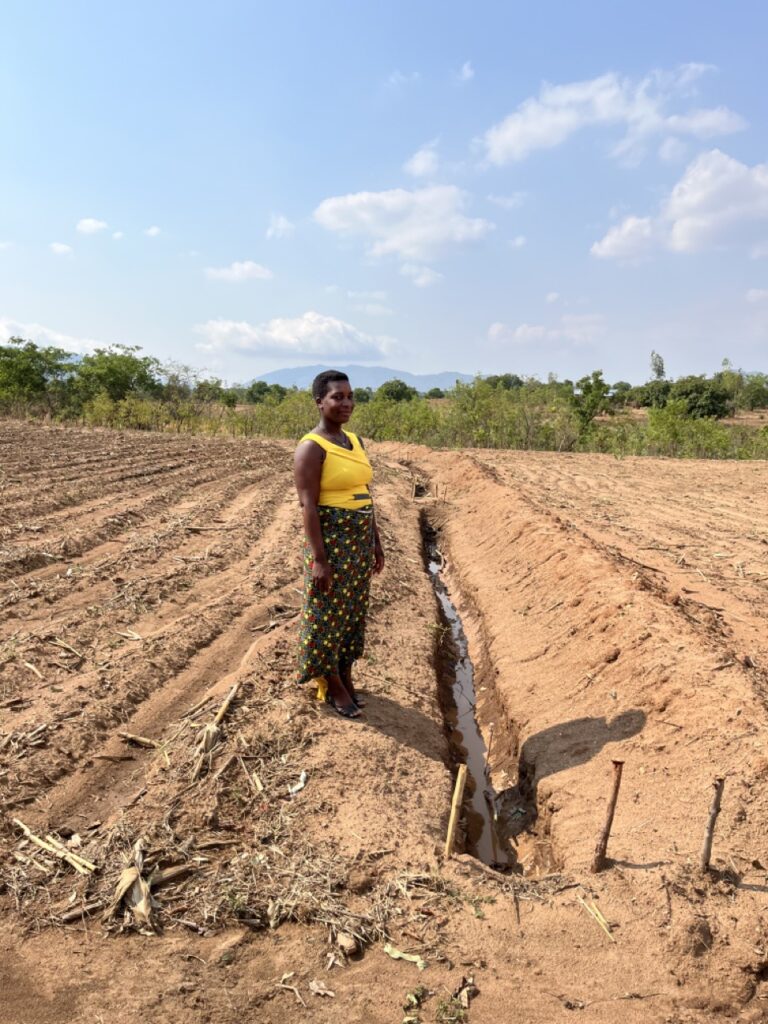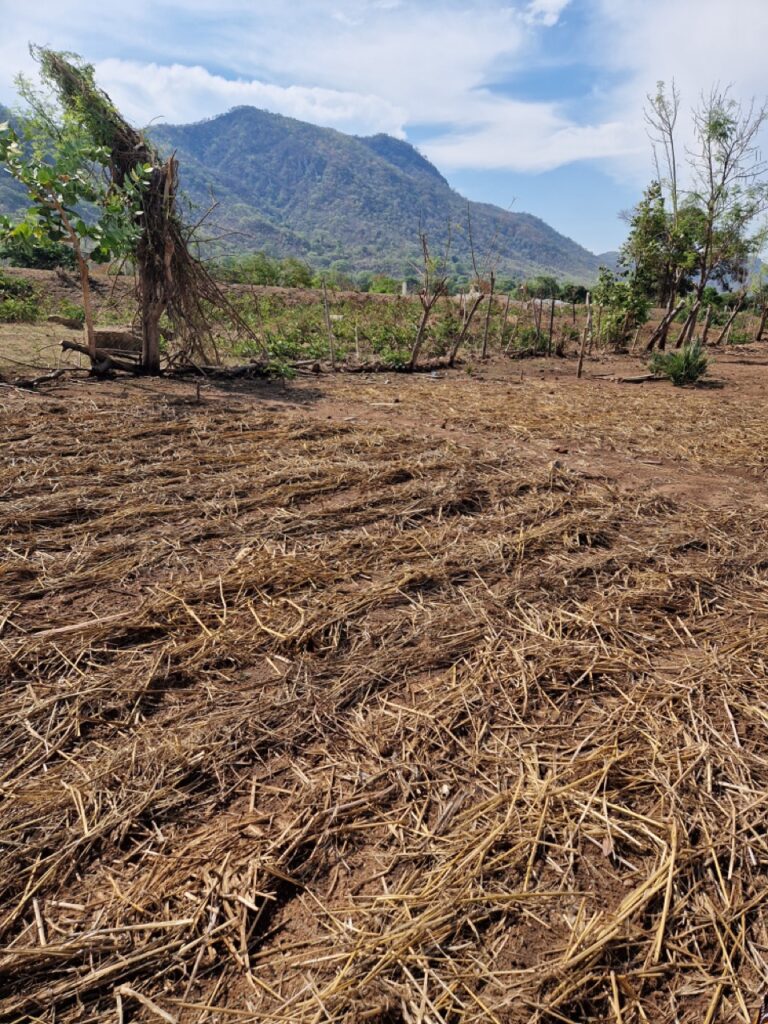Assessing Norway’s Support to Climate Change Adaptation in Developing Countries: A Performance Audit

By: Yngvild Herje Arnesen and Tom Næss, National Audit Office of Norway
Background
Climate change already has severe consequences for developing countries. Through the Paris Agreement, adopted in 2015, Norway and other industrialised countries committed to support climate change adaptation efforts in developing countries.
Norway has traditionally provided most of its climate finance to mitigation initiatives. However, at COP26 in Glasgow in 2021, Norway committed to tripling its official development assistance (ODA) for climate change adaptation before 2026. It reached this goal in 2023, providing 3.2 billion NOK to adaptation initiatives. About 40 percent of this funding went to the agricultural sector, and 60 percent went to African countries. Almost 50 percent of the funding was channelled through multilateral organisations.
Risks Related to Rapid Increase in Funding
The National Audit Office of Norway saw risks related to the rapid scaling up of financing for climate change adaptation and decided to carry out a performance audit. The risks were related to the labelling of projects as climate adaptation projects, project design, follow up on adaptation results, and to what extent the support reaches the most vulnerable groups.
As the audit team designed the audit, it took inspiration from audits carried out by the SAIs of Denmark(1), Finland(2) and USA(3), IDI’s Climate Change Adaptation Action programme, evaluations made by evaluation units in development agencies in Denmark(4), Germany(5) and the Netherlands(6), as well as research findings.
The audit is currently being carried out, and the report is planned to be published in Q4 2025.
Audit Questions and Country Focus
The aim of the audit is to assess whether the Ministry of Foreign Affairs (MFA) and the Norwegian agency for development cooperation (Norad) manage development assistance for climate change adaptation in line with the Parliament’s decisions and assumptions that the aid will increase adaptation capacity and reduce vulnerability to climate change in developing countries. There are three main audit questions.
The first audit question is about MFA’s strategic management of the adaptation support. We will examine whether MFA coordinates its support and whether it has appropriate information about the projects it funds. This includes whether it reports accurately to the Norwegian parliament, including on the volume of support for adaptation using the “Rio markers” of OECD DAC(7). We will also examine the follow-up of adaptation support to multilateral organisations like the Green Climate Fund (GCF) and the United Nations Environment Programme (UNEP) by the MFA.
The second and third audit questions are about the planning, follow-up and results of a selection of Norwegian-funded adaptation projects in Malawi and Mozambique.
The audit team chose to focus mainly on one country, Malawi, to better be able to take the country context into account in the assessment. Malawi was the second biggest single recipient of adaptation support in the period 2015–2023.

Documentation from the selected projects will be analysed to assess whether they achieved results in terms of better ability to adapt to climate change, and whether MFA and Norad’s planning and follow-up of the projects were conducive of good results. The audit team has carried out a field visit to Malawi to see project sites and interview relevant stakeholders.

This analysis will be complemented by an assessment of a limited number of projects from Mozambique, which is also a large recipient of adaptation funding.
The main methods in the audit will be document analysis, interviews, field visits and some descriptive statistics. A reference group of researchers has been established to provide input to the work.
If you would like to learn more about the audit, please do not hesitate to contact the project team: Yngvild Herje Arnesen, YHA@riksrevisjonen.no





